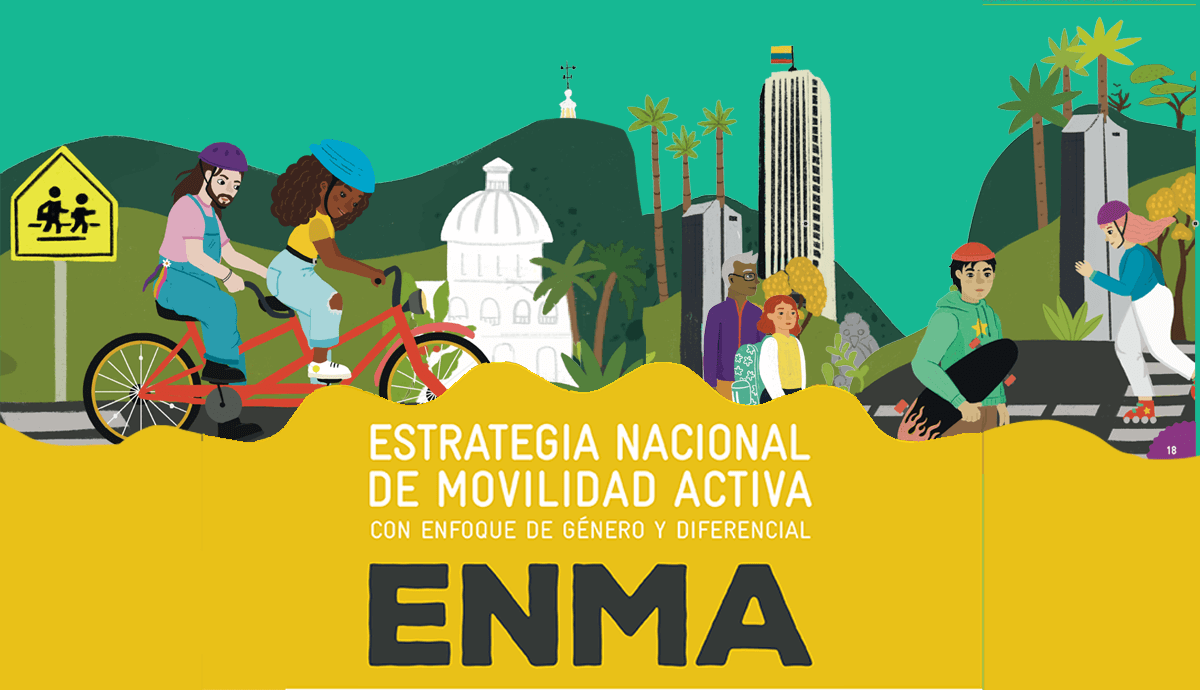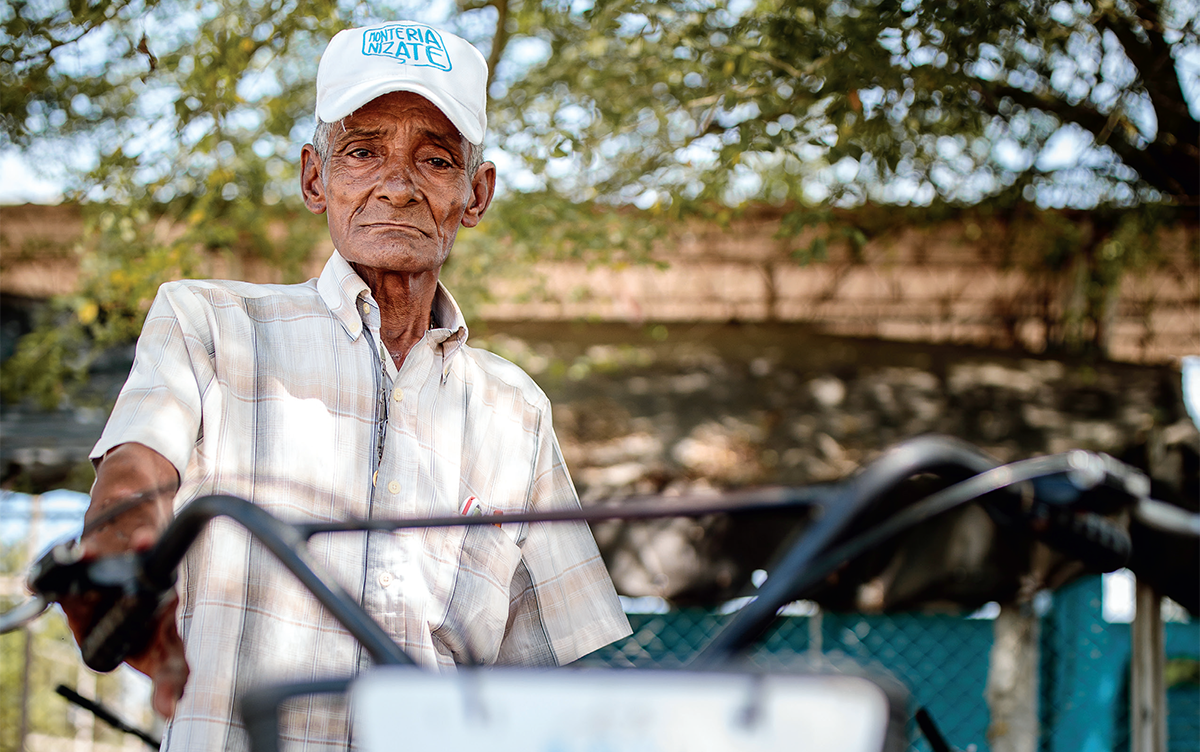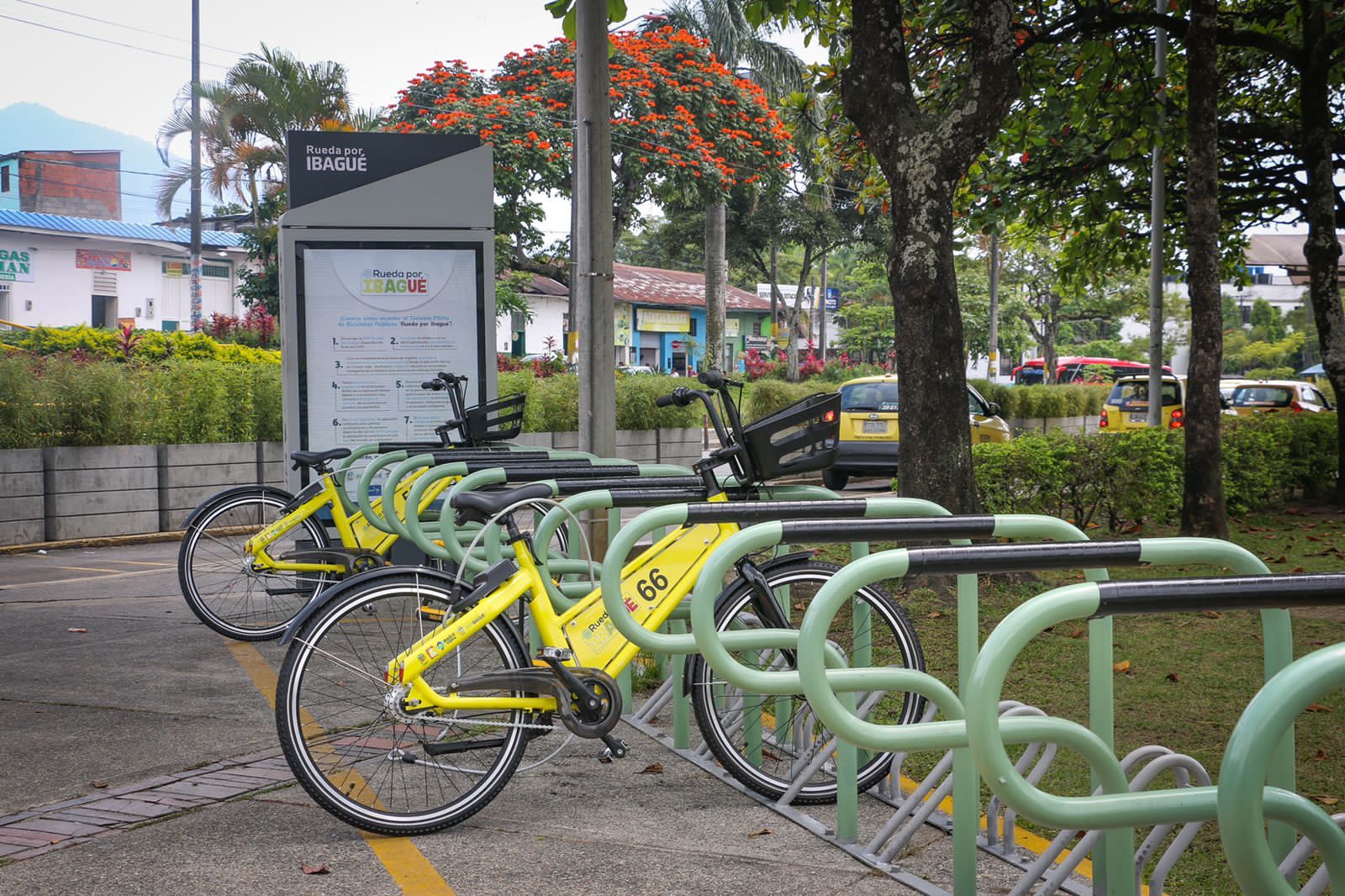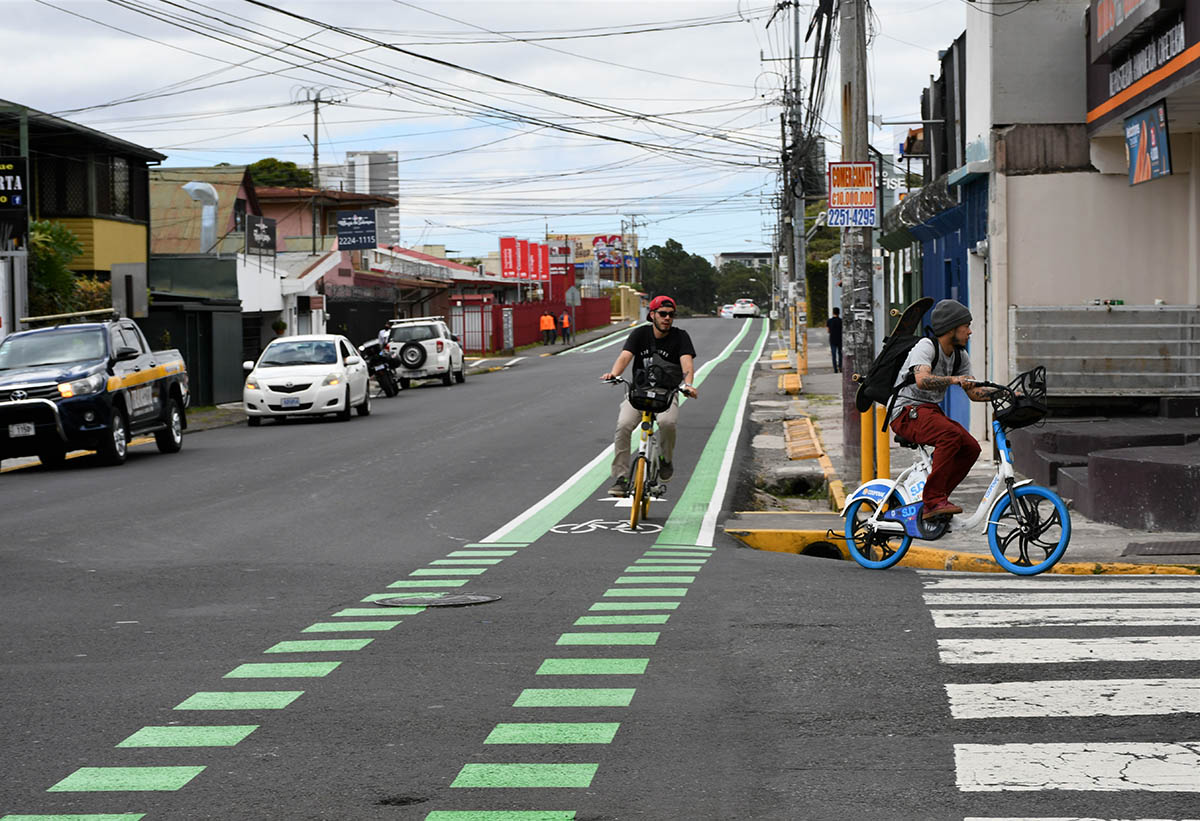The Euroclima program has implemented strategies to promote the use of this alternative and sustainable means of transportation.
The bicycle allows us to get around at a low economic cost and, above all, with zero polluting emissions, which makes it an ideal means for short trips and accessible to a large segment of the population. Recently, this simple transportation mechanism has gained greater visibility as an important pillar of climate action in the transportation sector.
The integration of projects that encourage the use of bicycles as part of comprehensive mobility planning strategies in cities, allows to better address the current challenges that impede the growth of this alternative and sustainable mode of transport: the lack of adequate cycling infrastructure to ensure road safety, the lack of integration of cycling with the public transport system, gender gaps in the use of bicycles, among others.
Cities that have a higher percentage of bicycles in their road distribution obtain great benefits: more equitable access to public space, quieter and safer streets, reduction of vehicular traffic and excess environmental noise, better air quality, and a more physically active population.
In terms of environmental benefits, projects that encourage bicycle use have great potential. According to SLOCAT:
"Walking and cycling can replace more than 40% of short car trips, which could save almost 5% of carbon dioxide (CO2) equivalent emissions from car trips, in addition to the estimated 5% of avoided emissions currently produced by walking and cycling."
The Euroclima program, through its Urban Mobility sector, has promoted active mobility travel as an ideal first and last mile mode that, combined with intermodal mobility to public transport, is a key driver in addressing today's climate change challenges.
These are some of the learnings that have been developed in recent years.
National Active Mobility Strategy in Colombia

The National Active Mobility Strategy (ENMA) with a gender and differential approach is a public policy that seeks to strengthen national and local governance to face the challenges of climate change and mobility transformation through comprehensive measures that will encourage the use of bicycles and walking, with a Leave No One Behind approach.
The document has a series of guidelines and actions to stimulate cycling and walking as alternative modes of transportation for citizens. It was developed by the Colombian Ministry of Transport within the framework of the Euroclima program. The ENMA has been socialized with various national agencies and local governments and is heading towards its implementation with short, medium, and long-term goals and indicators.
Guide to Bicycle Sharing Systems

This publication gathers the experience of different Colombian cities in the implementation of Public and Shared Use Bicycle Systems, including initiatives of the Euroclima program. One of ENMA´s actions relate to "Promoting the evaluation of the technical, regulatory and financial relevance in the implementation of Public and/or Shared Use Bicycle Systems" and seeks to offer practical and applied guidance for Colombian and regional cities to plan, implement and operate this type of projects.
It is expected that this work will improve the quality of existing systems and multiply the presence of bicycle systems in many more large and small cities for the benefit of the environment, health, mobility, and the economy of the community.
Promotion and development of Urban Cycling in Costa Rica
In the framework of the "Promotion and development of urban cycling" project, the Euroclima program supported the Costa Rican cantons of Montes de Oca and Curridabat for the construction of a 23-kilometer cycling infrastructure connecting both cities, as well as a series of lessons learned through citizen workshops, awareness campaigns, and knowledge management of the project to be replicated in other regions of the country.
Completed in March 2022, this initiative seeks to contribute to the reduction of private automobile use and the generation of greenhouse gases (GHG). It also seeks to increase the number of sustainable travel alternatives, thereby improving air quality and creating friendlier public spaces for its inhabitants.
Public Bicycle System "Rueda por Ibagué".

In February 2023, the Colombian city of Ibagué launched the "Rueda por Ibagué" public bicycle sharing system, which provides an option for mass use of this alternative means of transportation to the Ibagué population. Carried out within the framework of the Euroclima program, the system operates with 85 bicycles, 16 of them pedal-assist bicycles, in addition to eight stations in strategic locations that now offer a free service to the population that moves around the city centre.
As part of the project, Ibagué received support for the design and implementation of a public bicycle system, including diagnostics and a financing plan. Among its goals, the system seeks to increase medium-scale and last-mile trips by bicycle, which will contribute to reducing traffic congestion, discourage the use of private automobiles, and reduce emissions.
About Euroclima
Euroclima is a program funded by the European Union and co-financed by the German federal government through the Federal Ministry for Economic Cooperation and Development (BMZ), as well as by the governments of France and Spain through the Ministry of Foreign Affairs, European Union, and Cooperation.
The Program's mission is to reduce the impact of climate change and its effects in 33 countries in Latin America and the Caribbean by promoting mitigation, adaptation, resilience, climate investment and biodiversity. To this end, it is implemented according to the "Spirit of Team Europe" under the synergistic work of seven agencies: Spanish Agency for International Development Cooperation (AECID), AFD Group: Agence Française de Développement (AFD)/ Expertise France (EF), Economic Commission for Latin America and the Caribbean (ECLAC), International and Ibero-American Foundation for Public Administration and Policies (FIIAPP), Deutsche Gesellschaft für Internationale Zusammenarbeit (GIZ) GmbH, the UN Environment Programme (UNEP) and the United Nations Development Programme (UNDP).
For more information:
This email address is being protected from spambots. You need JavaScript enabled to view it.euroclimaplus.org


